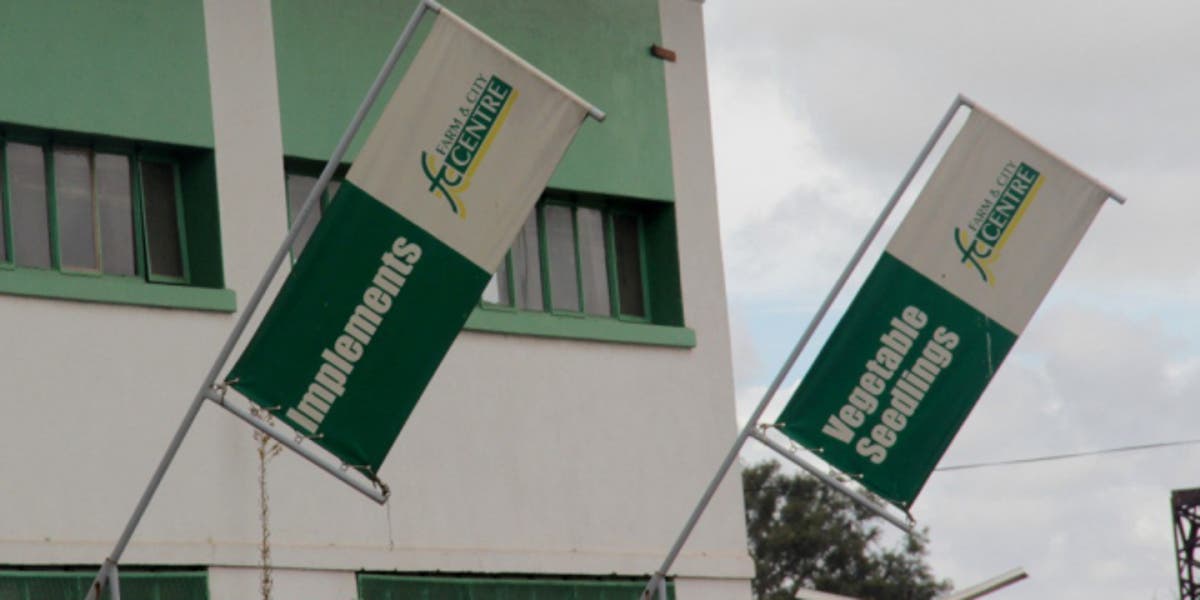CFI reports low FX inflows after compliance to official rate
CFI Holdings says the requirement for businesses to use the official rate when pricing their goods and services has undermined competitiveness.
There have recently been some growing worries that some companies across the nation are using money from the Reserve Bank of Zimbabwe’s weekly foreign exchange auction to raise prices using black market exchange rates.
It prompted authorities to demand businesses to use official rates.
Some fear that this regulation may negatively impact businesses’ value preservation efforts owing to the difficulty in pricing products at sustainable levels.
“The official exchange rate, against which formal businesses are required to benchmark pricing, has remained uncompetitive relative to the alternative market rates,” the company said in a trading update for the third quarter ended June 30, 2022.
Authorities had stopped businesses from quoting prices using black market rates in a bid to encourage more use of local currency.
“This contributed to uncompetitive prices in US dollars and consequently reduced foreign currency inflows for the group.”
Widening of the parallel market premiums threatens to reverse the gains made on the inflation front. Prices of goods and services have been going up in US dollars-all of which risks pushing up inflation.
In operations, sales volumes for the group retail division’s key revenue drivers during the quarter were behind the same period last year.
“The late onset of the 2021/22 rain season and the resultant lower harvest suppressed demand for agricultural inputs,” said the company.
“Demand for fertilisers, which traditionally peak during the tobacco marketing season, was also constrained by the significant real price increases for the commodity.”
Cement sales for the quarter were also adversely affected by supply constraints, according to the company.
At Victoria Foods, flour sales were up 135 percent relative to the comparable prior quarter following the company’s recapitalisation at the beginning of the year and improved raw materials availability during the period.
Glenara harvested 1,770 tonnes of maize as well as 729 tonnes of potatoes and 621 tonnes of soya beans, maintaining yields relative to prior year.
As of financial figures, the group’s inflation-adjusted revenues grew by 21,8 percent to $6,54 billion from $5,34 billion in the prior year’s quarter.
Of the group’s inflation-adjusted turnover, retail contributed 70,85 percent down from 87,37 percent in the prior year, whilst milling and farming operations accounted for 25,79 percent up from 7,91 percent and 3,36 percent down from 4,72 percent in the prior period respectively.
The group will maintain its focus on sustaining business continuity in the current environment.
“The Group hopes that collaborative dialogue between government, industry and other stakeholders will be maintained in order to safeguard business confidence and the significant economic achievements attained since the introduction of the auction system,” the group said in its outlook.-ebusinessweekly











